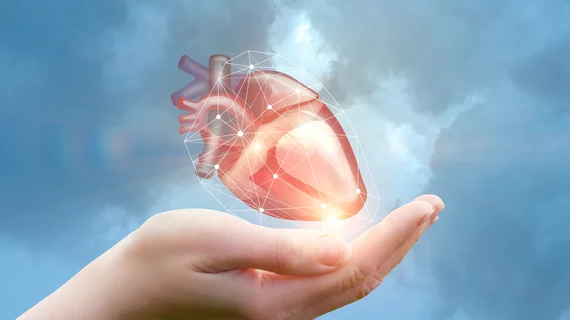Is synthetic apelin the insulin of heart disease?
Canadian researchers have singled out a peptide known as apelin that could improve survival in CV patients with aortic aneurysms, leading them to dub the molecule the equivalent of insulin for heart disease.
Gavin Oudit, a professor of cardiology at the University of Alberta, is part of the team that first tested apelin in mice—a $400,000 project that simulated human-like aortic aneurysms in the rodents and tested the efficacy of apelin on their survival. All mice treated with apelin survived, while half of the untreated group died.
“We’re very excited about it,” Oudit told CTV News. “We were able to make a discovery. We were able to understand how we can apply it to patients with cardiovascular disease.”
Right now, there aren’t any approved medical treatments that effectively reduce the growth rate of aortic aneurysms, CTV reported, but Oudit et al. developed a synthetic version of apeline analogues that allow the body’s enzymes to break down the molecule in five minutes rather than 24 hours.
The team is reportedly looking to move forward with trials in human patients and is currently seeking investors.
“We’re on a mission to get this to patients as soon as possible,” Oudit said.
Read the full story below:

